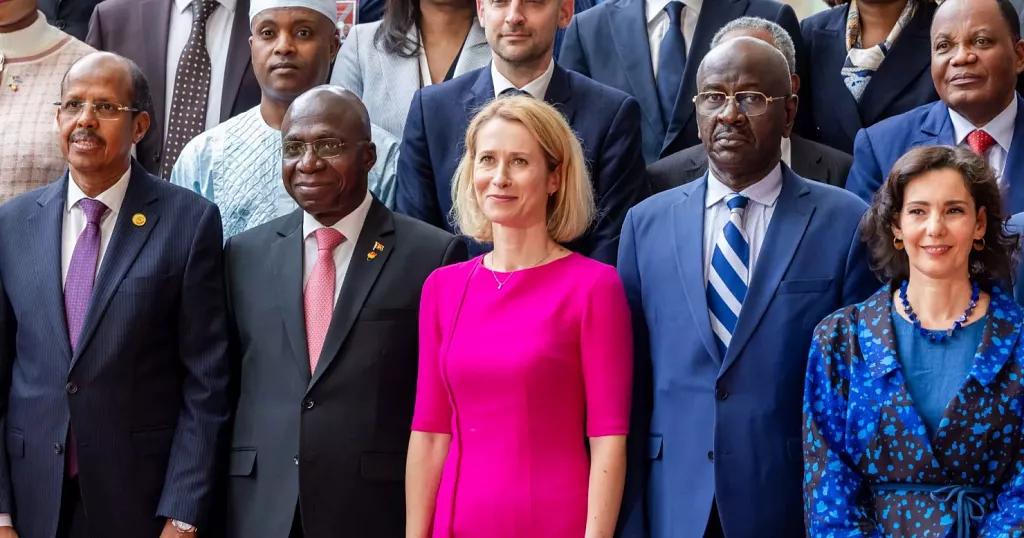
Amid escalating global instability and a shifting geopolitical landscape,foreign ministers from the European Union and African Union (AU) met in Brussels this week to reaffirm their commitment to peace,security,and economic partnership.
Marking the 25th anniversary of formal EU-AU dialogue,ministers agreed to bolster cooperation in areas like migration,digital infrastructure,critical raw materials,and conflict resolution. EU foreign affairs chief Kaja Kallas emphasized shared interests but acknowledged challenges such as disinformation campaigns — particularly from Russia — and growing instability in regions like the Sahel and Sudan.
But beyond the ceremonial pledges,a deeper debate is unfolding: can Europe redefine its relationship with Africa in a world no longer shaped by old hierarchies? Some critics also argue that Europe’s approach remains paternalistic. “Africa does not need patrons; it needs strategic partners,” writes Carlos Lopes,member of the AU’s reform team and High Representative for Partnerships with Europe,warning that EU trade agreements often reinforce Africa’s dependence on low-value exports. While the EU touts initiatives like the Global Gateway,its investments continue to favor extractive industries and migration control over long-term development.
The AU,now a G20 member and architect of the African Continental Free Trade Area (AfCFTA),seeks to assert more agency. Angolan minister Téte António insisted that Africa’s raw materials be processed locally,not exported cheaply. As Brussels drafts a new Sahel strategy and eyes deeper ties,the message from African leaders is clear: real partnership means respecting Africa’s priorities,institutions,and capacity for self-determination — not just offering aid,but co-investing in the continent’s future.
United News - unews.co.za